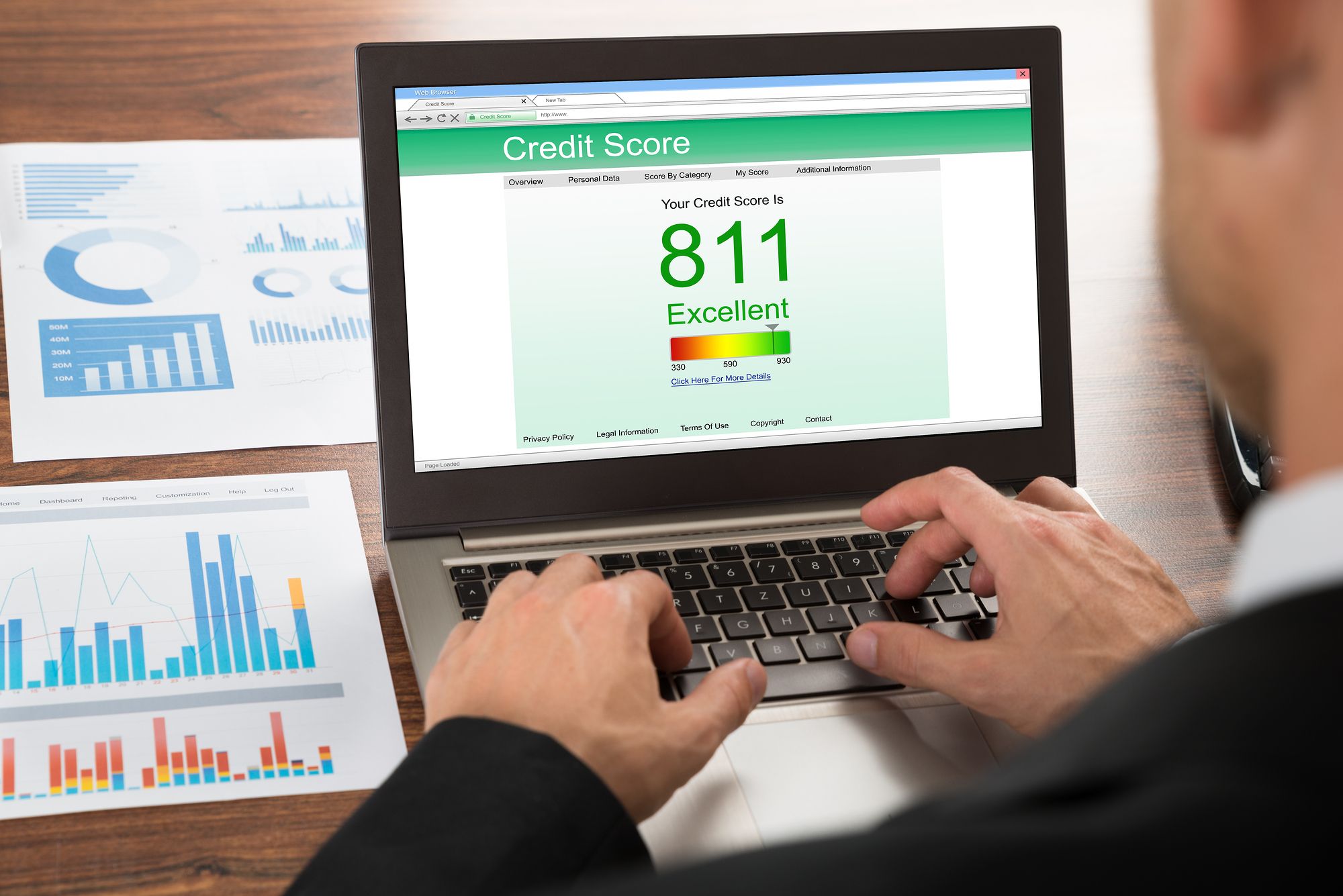
Credit agencies are starting to include alternative data when calculating credit scores, but they aren’t looking at your social media profiles.
It’s widely known that posting wild party photos on Facebook can hurt your chances of landing a job or getting into college. But can it hurt your credit score?
Not yet, but don’t rule it out.
FICO, one of the nation’s largest credit rating companies, and others in the industry recently started expanding how they determine a person’s credit score by looking at utility bills and other public records, in addition to traditional sources such as credit card, mortgage and auto loan payments.
FICO isn’t snooping on social media yet, but it could it in the future. “If you look at how many times a person says ‘wasted’ in their profile, it has some value in predicting whether they’re going to repay their debt,” FICO CEO Will Lansing told the Financial Times in a recent report.
If that sounds creepy, it wasn’t the intention. Credit rating companies are increasingly looking to alternative data to help people with limited credit histories attain an acceptable credit score. FICO’s pilot program, FICO Score XD, has helped millions of consumers, many of them young adults and recent immigrants, obtain a credit score of at least 620. That’s high enough to qualify for many loans.
You Might Also Enjoy: 4 Problems You May Encounter with Chip-Enabled Credit Cards
An estimated 53 million Americans don’t have a deep enough payment history to calculate a credit score, hindering their ability to obtain a loan for a car or other large purchases. Showing a pattern of paying phone and utility bills can demonstrate a good track record for repaying debt, even if a person doesn’t have a credit card.
While checking alternative data can be beneficial, it doesn’t always result in a higher score. Someone with a spotty history of paying their bills on time can be denied a loan or given a higher interest rate.
Still, it seems unlikely the new review system is going away and, if anything, will become more widespread as less information stays private. Consumers now aware of the impact of posting inappropriate content on social media should assume that, eventually, those same posts could come back to haunt their credit scores.





